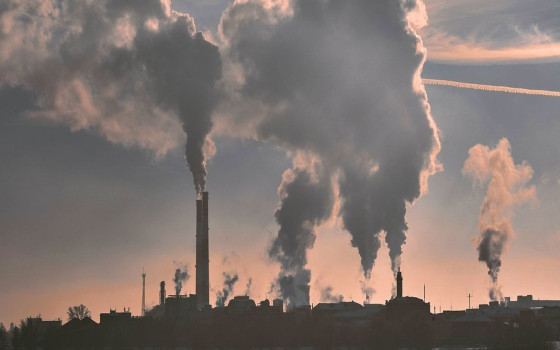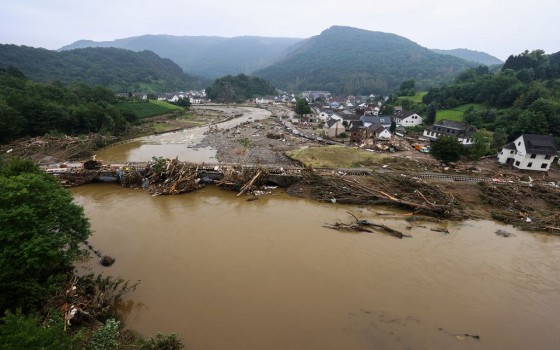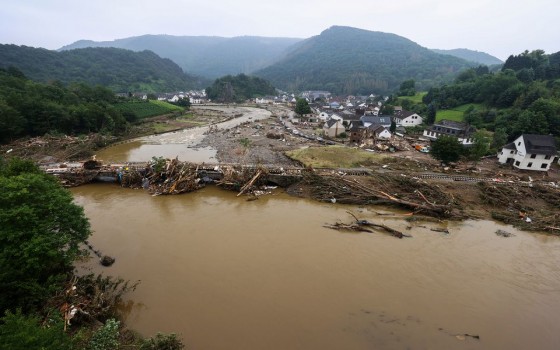
Carbon dioxide levels in the atmosphere have risen to unprecedented levels, accelerating global warming.

- Europe and Arabs
- Thursday , 16 October 2025 8:33 AM GMT
New York: Europe and the Arabs
Carbon dioxide levels in the atmosphere have risen by a record amount, reaching new record levels in 2024, meaning the planet will experience a long-term rise in temperatures. According to the UN Daily News Bulletin, the new Greenhouse Gas Bulletin released by the World Meteorological Organization on Wednesday showed that continued carbon dioxide emissions from human activities and an increase caused by forest fires were responsible for the increase, as well as a decline in carbon dioxide absorption by what are known as "carbon sinks," such as terrestrial ecosystems and the oceans.
According to the new bulletin, carbon dioxide levels have tripled since the 1960s, accelerating from an average annual increase of 0.8 parts per million (ppm) per year to 2.4 ppm per year during the decade from 2011 to 2020.
From 2023 to 2024, the global average carbon dioxide concentration rose by 3.5 ppm, the largest increase since modern measurements began in 1957.
An impact for hundreds of years
WMO Deputy Secretary-General Ko Barrett said that the heat trapped by carbon dioxide Other greenhouse gases exacerbate climate conditions and lead to more extreme weather.
Barrett emphasized that "reducing emissions is essential not only for our climate, but also for our economic security and the well-being of our societies."
The bulletin also showed that concentrations of methane and nitrous oxide—the second and third most important long-lived greenhouse gases associated with human activities—had reached record levels.
The World Meteorological Organization explained that current atmospheric carbon dioxide emissions will not only affect the global climate today, but will continue to affect it for hundreds of years due to its long lifetime in the atmosphere.
Oxana Tarasova, a senior scientist at the organization, said there are concerns that terrestrial and oceanic carbon dioxide sinks are becoming less effective, "which will increase the amount of carbon dioxide remaining in the atmosphere, accelerating global warming."












No Comments Found